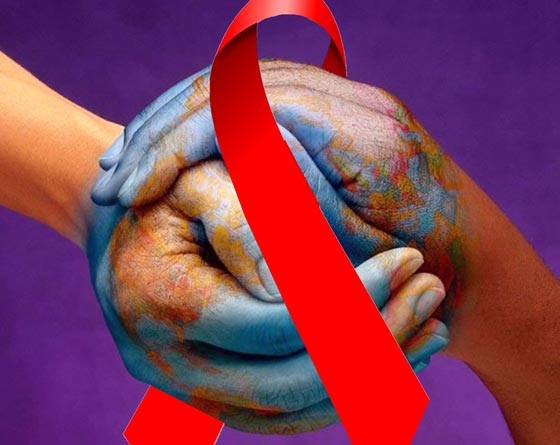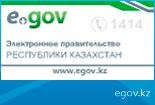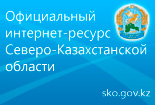This year marks the 40th anniversary of the first cases of acquired immune deficiency syndrome (AIDS). In March of this year, the UNAIDS Programme Coordinating Board adopted the Global AIDS Strategy, which will pave the way to eradicate AIDS by 2030.
The strategy is the result of data analysis on HIV infection, including a consultative process with countries, communities and partners. It is based on on human rights, gender equality and dignity, freedom from stigma and discrimination for all people living with or affected by HIV.
If the goals and commitments of the strategy are achieved, it will scale back the people newly infected with HIV and the number of people dying from AIDS-related illnesses.
As we can see, the spread of HIV to the global community remains relevant.
"HIV: to hear Everyone" is the theme of the Decade to be held in Kazakhstan from November 15 to November 25 in the framework of the World AIDS Campaign, demonstrating solidarity in the fight against the epidemic.
The implementation of preventive programs among the general population and vulnerable groups, which are carried out in accordance with international recommendations, leads to curbing the spread of HIV infection.
It is natural to know one's HIV status, if one knows one's status, he/she can take care of his/her well-being, undergo regular check-ups with a doctor and, if necessary, take antiretroviral therapy within the guaranteed scope of free medical care.
In reality, prevention comes first in the fight against HIV infection. And active promotion of knowledge about HIV is an important step toward preventing the spread of the virus.

Views: 2899








